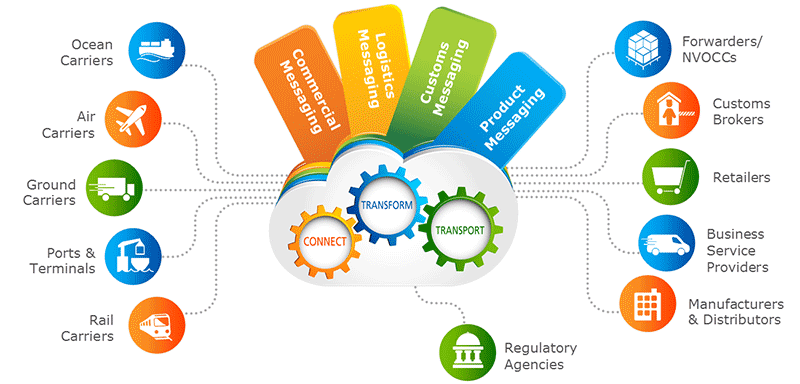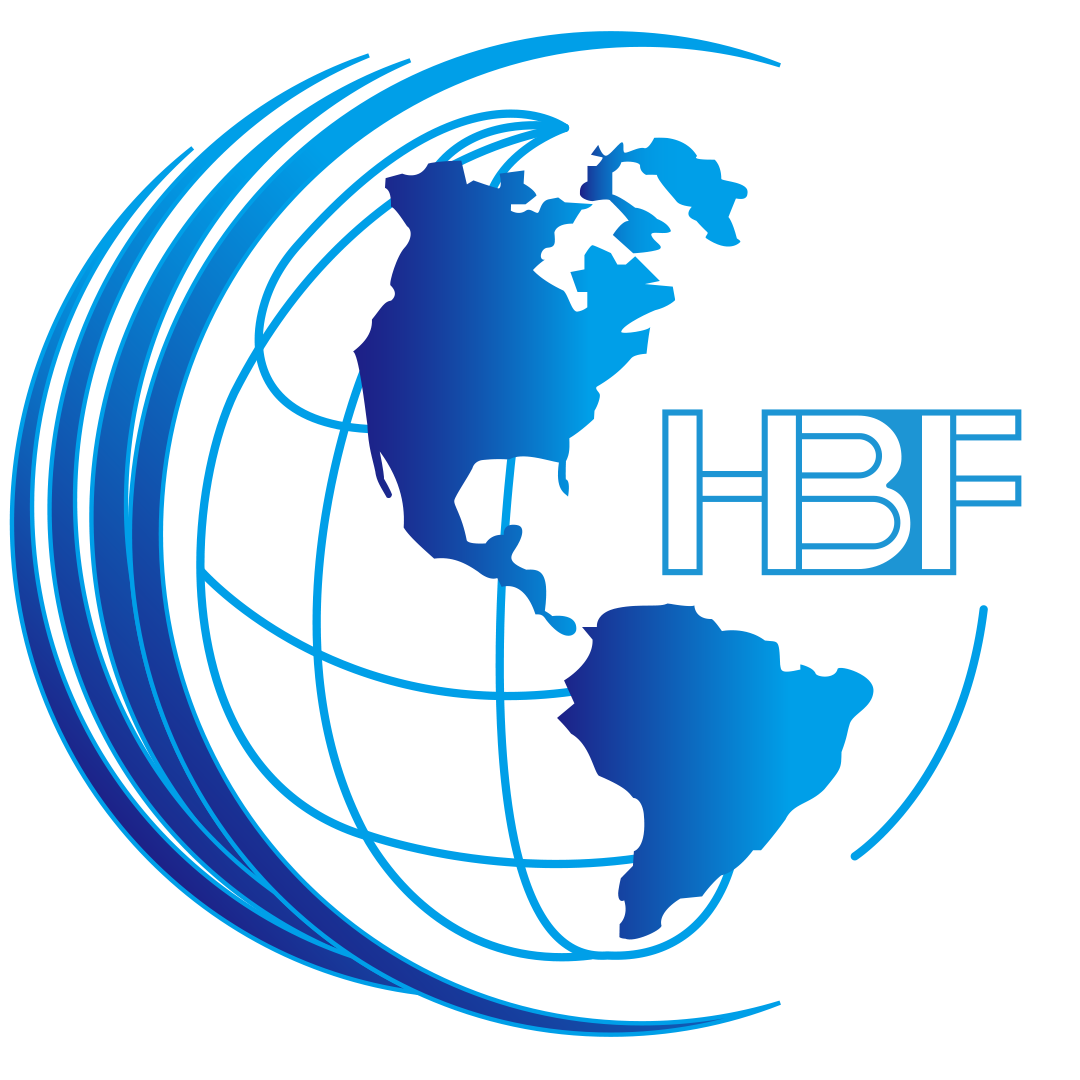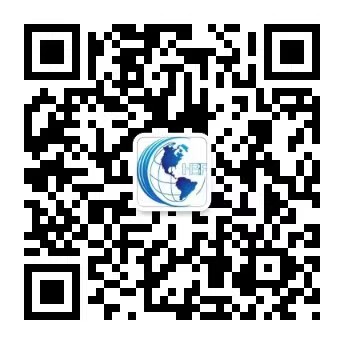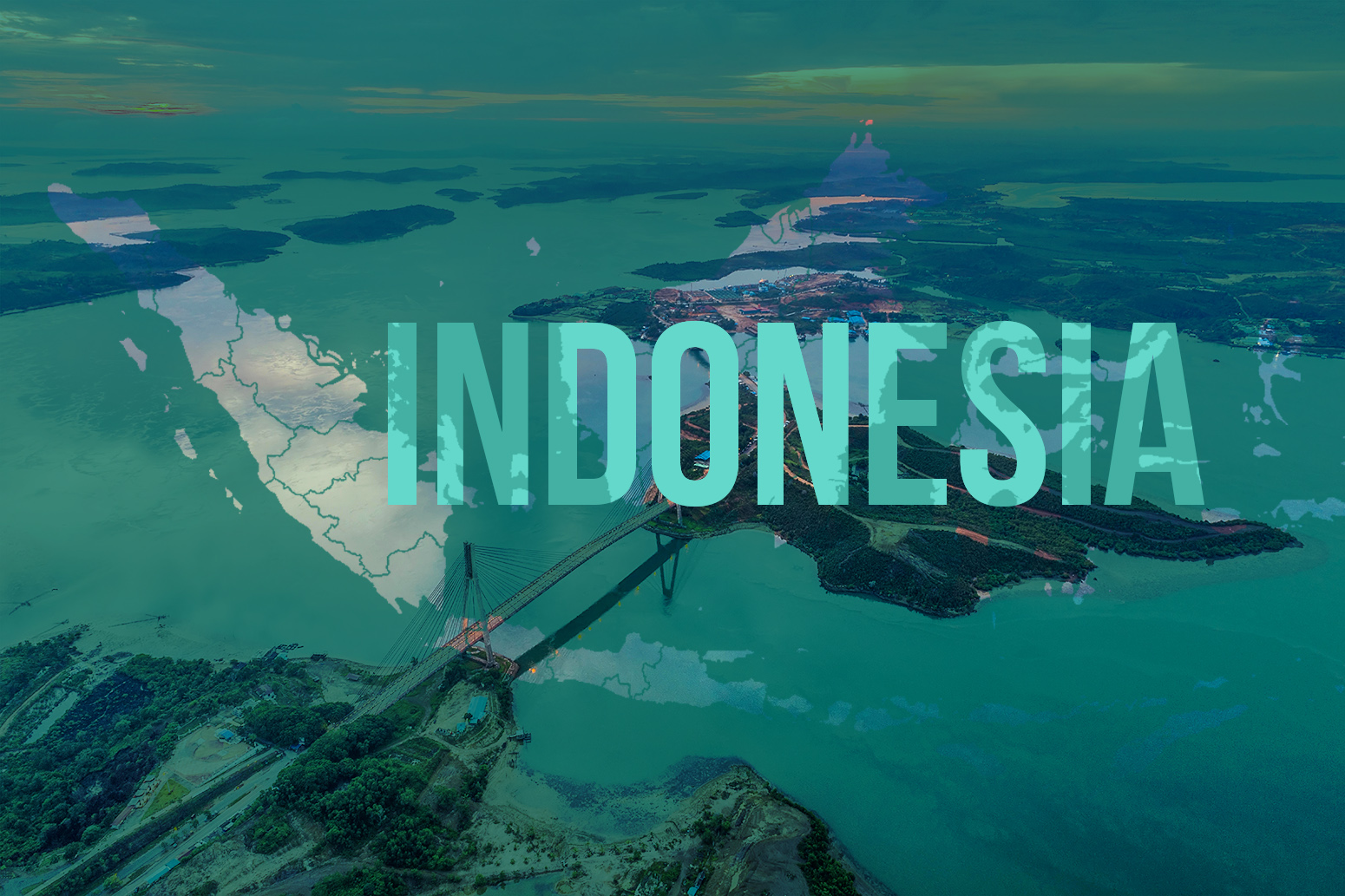中文
En
“印尼2025年增值税新政解析:税率调整、豁免清单与企业应对指南”
企业新闻
发布日期:2025/03/11
印尼2025年增值税政策解析
一、政策背景与核心调整
印尼政府自2025年1月1日起实施增值税(VAT)税率调整,将部分商品和服务的税率从11%上调至12%。这一调整基于**2021年《税收法规协调法》(UU HPP)**的框架,旨在平衡财政增收与民生保护的双重目标
核心变化包括:
税率分级制度:
- 奢侈品及高端服务:税率从11%升至12%,涵盖私人飞机、游艇、豪宅、国际教育、VIP医疗服务等
- 普通商品与服务:保持11%税率,包括基本生活必需品(如大米、蔬菜、肉类)、公共交通、教育及医疗
- 出口商品与服务:继续适用0%税率,以支持外贸竞争力
- 奢侈品及高端服务:税率从11%升至12%,涵盖私人飞机、游艇、豪宅、国际教育、VIP医疗服务等
豁免与激励措施:
- 基本民生商品免税:大米、鸡蛋、牛奶、蔬菜等20类商品免征增值税
- 低收入家庭补贴:向1600万贫困家庭提供每月10公斤大米补助及电费减免,缓解增税压力
- 行业扶持:纺织、制鞋和家具行业月薪低于1000万印尼盾(约617美元)的工人免征所得税
- 基本民生商品免税:大米、鸡蛋、牛奶、蔬菜等20类商品免征增值税
二、政策影响分析
经济与社会效应:
- 财政收入:预计新增税收约75万亿印尼盾(47亿美元),用于基建、人才项目及关键产业
- 消费市场:中产阶级每月需额外支出30万印尼盾(约18.75美元),低收入家庭负担增加10万印尼盾(约6.25美元),可能抑制消费并引发企业裁员风险
- 行业冲击:零售、汽车、房地产及高端进口商品(如美国农产品)面临成本上升压力
- 财政收入:预计新增税收约75万亿印尼盾(47亿美元),用于基建、人才项目及关键产业
国际贸易影响:
- 进口商品竞争:印尼对部分美国农产品(如高端牛肉、水果)加征12%增值税,可能削弱其市场竞争力,尤其面临澳大利亚、新西兰等自贸协定国的低价冲击
- 进口商品竞争:印尼对部分美国农产品(如高端牛肉、水果)加征12%增值税,可能削弱其市场竞争力,尤其面临澳大利亚、新西兰等自贸协定国的低价冲击
三、企业应对建议
税务合规与申报调整:
- 发票管理:过渡期(2025年1-3月)内需按新规调整税务系统,非奢侈品若误征12%税款,需配合买方退款并更换发票
- 税基计算:普通商品税基为售价的11/12,实际税率仍为11%,需注意系统设置以避免误差
- 发票管理:过渡期(2025年1-3月)内需按新规调整税务系统,非奢侈品若误征12%税款,需配合买方退款并更换发票
成本优化策略:
- 供应链调整:优先采购免税清单内原材料(如基础食品、工业糖)以降低成本
- 市场定位:针对中高收入人群的奢侈品企业需评估价格弹性,探索差异化营销
- 供应链调整:优先采购免税清单内原材料(如基础食品、工业糖)以降低成本
政策跟踪与合规支持:
- 关注印尼财政部后续细则(如PMK-131),特别是针对跨境电商和数字服务的征税规则
- 关注印尼财政部后续细则(如PMK-131),特别是针对跨境电商和数字服务的征税规则
四、未来展望
印尼政府计划通过扩大税基(如强化数字交易征税)和打击逃税弥补普通商品税率未上调的财政缺口
此外,税收改革与金砖国家合作(如BRICS机制)可能进一步吸引外资,推动绿色产业和数字经济
总结
印尼2025年增值税政策通过“精准增税+民生保护”的组合拳,平衡了财政需求与社会公平,但企业需迅速适应新规以避免合规风险。长期来看,政策能否实现经济目标,取决于执行力度与全球经济的复苏态势。

汇百方国际物流期待您的来电
020-86186029
工作时间:09:00 - 18:00

汇百方国际物流
广州汇百方国际货运代理有限公司@版权所有
粤ICP备17036386
粤ICP备17036386

关注公众号




